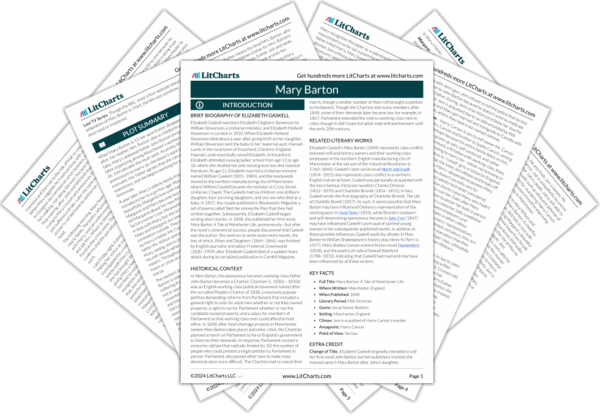The novel partly undermines its own suggestion that failures of empathy generally derive from ignorance by reminding readers that Mr. and Mrs. Carson have working-class backgrounds. Given that they should understand the struggles of their employees, this detail implicitly asks, why don’t they do more to help their employees? Alice and Mrs. Wilson’s disapproval of working wives, meanwhile, emphasizes how hard life can be for working-class women: they may need to work outside the home to help support their families economically, yet they are also expected to create a welcoming environment for their husbands and blamed for working-class male drinking.
